On the Gospel of John, Part 2: The Light of the World
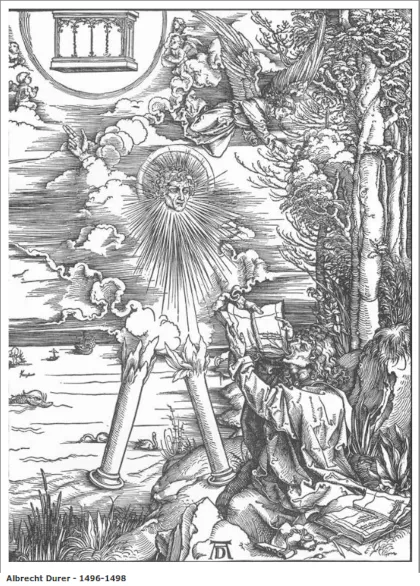
On the Gospel of John, Part 2: The Light of the World
Introducing our presentation of the Gospel of John in the opening segment of this series, we gave evidence from the earliest post-apostolic Christian writers, the so-called Church Fathers, and from the texts of those books of our Bibles which are attributed to John, which is sufficient to demonstrate that one and the same John the apostle – the young man who of all the apostles had been closest to Christ – was indeed the author of the Revelation, the first epistle of John, and this Gospel. There was also circumstantial evidence given to help establish that John was indeed the author of the two shorter epistles which have been attributed to him from the earliest times.
Here we shall offer a brief summary of our discussion. Little is known of the life of John after the early chapters of Acts, and he last appears in Scripture in Jerusalem in 47 AD, in the events which are recorded in Acts chapter 15 and the early verses of Galatians chapter 2. Later in his life, ostensibly after the deaths of the elder James around 62 AD in Jerusalem and Paul of Tarsus about that same time in Rome, John is in Ephesus where he committed this Gospel to writing. Then during the reign of Domitian, some time after 81 AD John was exiled to Patmos on account of his Christian profession, which is where he received the Revelation. After the death of Domitian in 96 AD, John was able to return to Ephesus. If the Revelation was not already committed to writing, it certainly was after John’s return, which is indicated in the accounts of the early Christian writers. All of John’s three epistles were also written in Ephesus, and very likely around this late time, as John fulfilled the role of an elder and apostle to the Christian assemblies at Ephesus and the neighboring districts. This John had reportedly done until his death some time during the reign of Trajan, which began in 98 and ended in 117 AD. If John were 16 when the ministry of Christ began in 28 AD, he would have been no younger than 86 when he died.



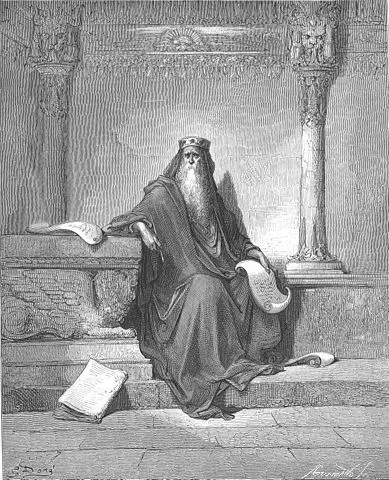


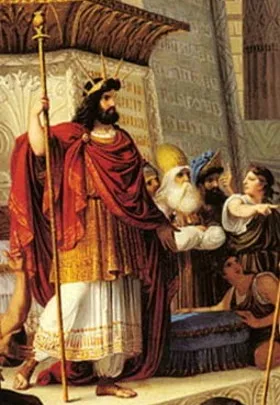
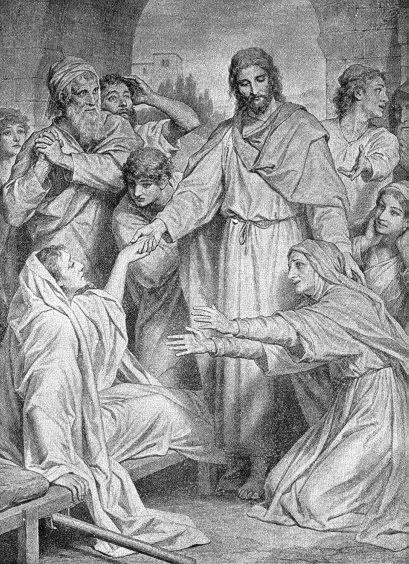

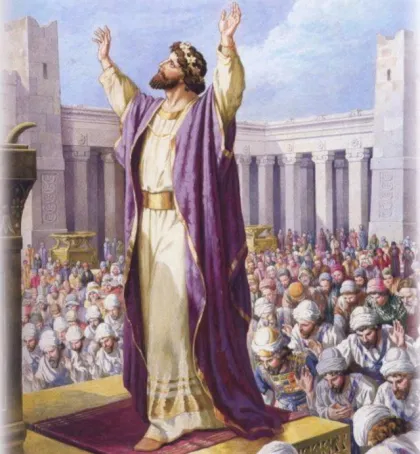
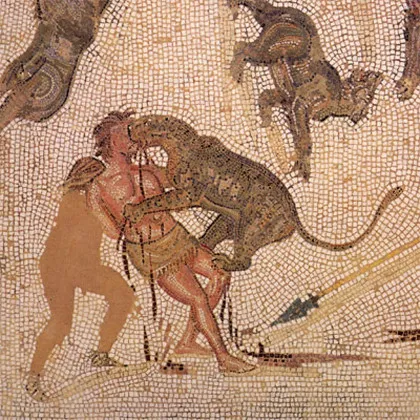
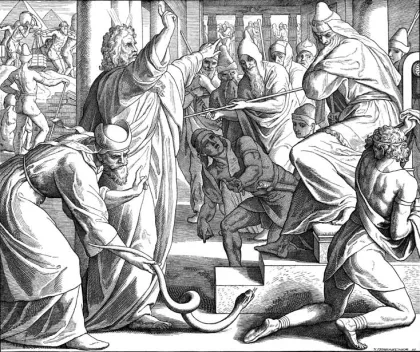 Aside from the first three presentations of this epistle, perhaps last Saturday’s program,
Aside from the first three presentations of this epistle, perhaps last Saturday’s program, 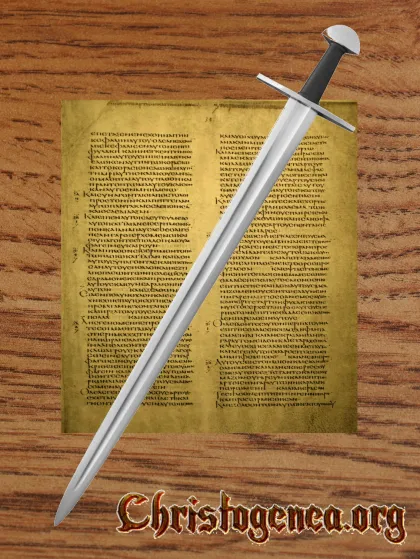 Paul's Second Epistle to Timothy, Part 3: Rightly Dividing the Word of Truth
Paul's Second Epistle to Timothy, Part 3: Rightly Dividing the Word of Truth
 Paul's Second Epistle to Timothy, Part 2: Rejecting the Religion of Fear
Paul's Second Epistle to Timothy, Part 2: Rejecting the Religion of Fear
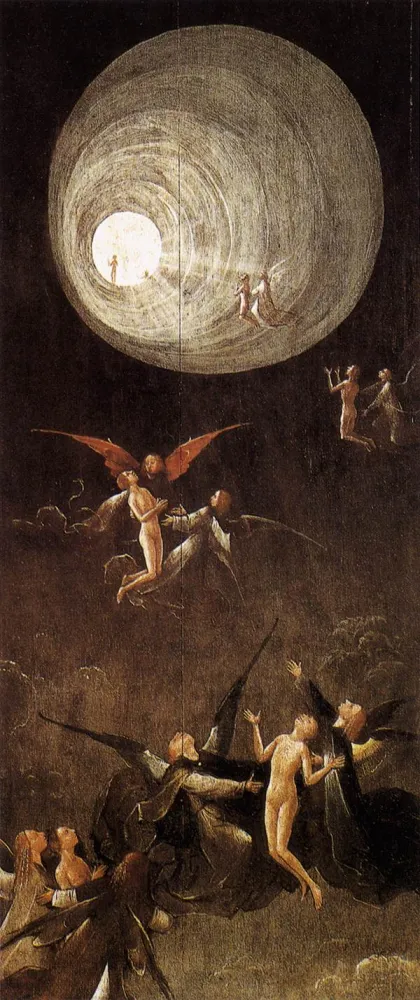
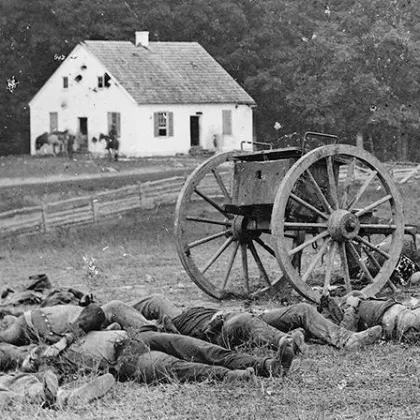

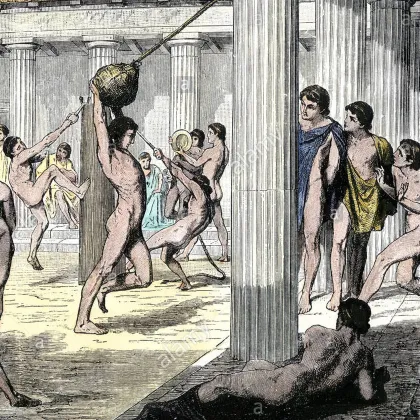
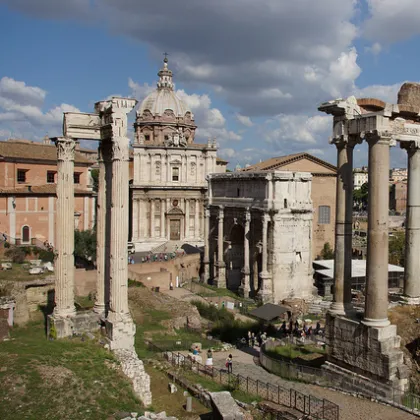




 Please click here for our mailing list sign-up page.
Please click here for our mailing list sign-up page.







